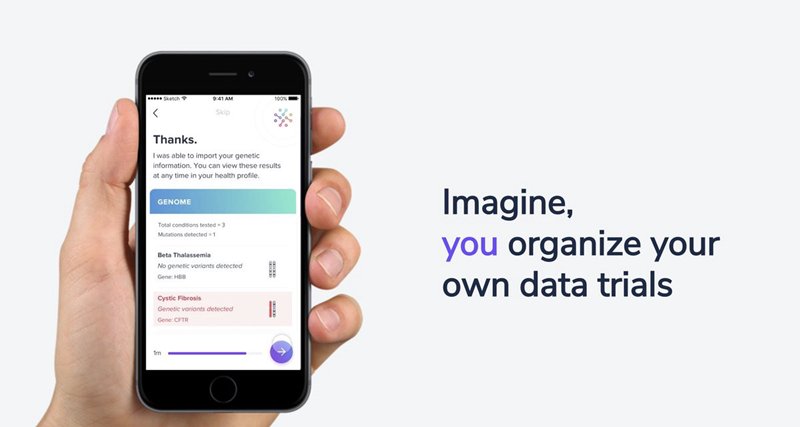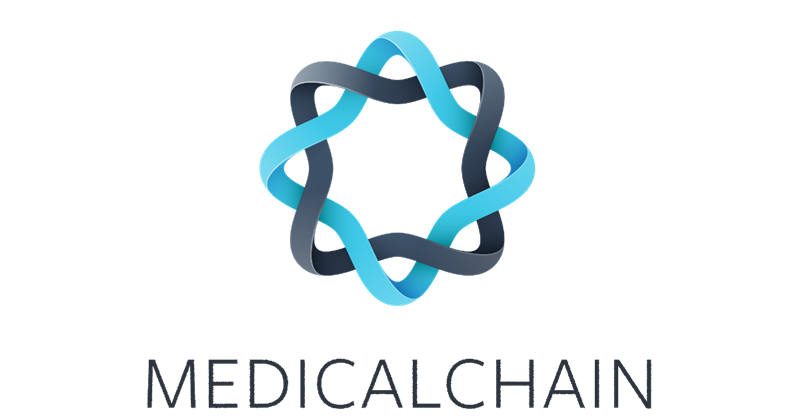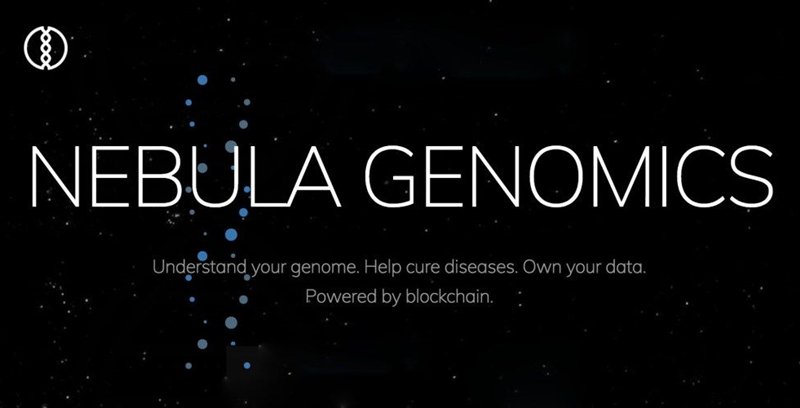As blockchain is becoming the go-to technology for storing and sharing data, more and more industries are starting to implement it in various sectors to provide transparency, security, and accessibility.
The medical industry has also begun using blockchain to increase its efficiency in data accessibility, supply chain management, medication monitoring, and many other aspects.
Join the cryptocurrency future and trade your favorite coins on Binance
Our article will explore five individual companies and projects that use the advantages provided by blockchain in the medical sector.
Doc.AI
Doc.AI is based in Palo-Alto was established by entrepreneurs Walter and Sam De Brouwer back in 2016. By using a blockchain-powered AI, Doc.AI aims to make biological data – such as genome and microbiome – accessible and controlled by consumers.

Source: https://medium.com
Through the implementation of natural language processing and computer vision, the platform can produce medical data insights. The blockchain technology implemented enables any user to start a “data trial” – a collection of health data, which will then be connected through data dots to generate predictive models. Thanks to this, each patient will have insights as to what data he or she has to supply to his doctor.
TrustedHealth
TrustedHealth is a blockchain project that focuses on treating life-threatening diseases. The platform aims to offer better means of communication between doctors and patients, in order to apply the best diagnosis methods and ensure data accessibility.
Healthcare systems often have problems when it comes to speed and efficiency. Blockchain technology lets patients and medical workers communicate in a decentralized and transparent way and safely share relevant medical information. This helps doctors share their expertise with patients from any part of the world, and patients can receive consultations from different specialists.
Based on the blockchain platform, the decentralized digital target="_blank" rel="noopener noreferrer">Medicalchain is a company based in London which created a decentralized blockchain platform that enables the secure storage and sharing of health records with various entities from the medical sphere, such as doctors, hospitals, and pharmacists.

Source: https://steemit.com
In addition, the platform also allows its patients to communicate through online video sessions with their doctors and discuss health issues and such. Medicalchain will enable third-party developers to develop applications by using their system, which could result in management solutions for medication, and apps for wearable devices that give nutritional advice.
The project’s ICO managed to raise funds of $24 million by selling its MTN token to contributors.
Medicalchain employs a dual blockchain infrastructure using Hyperledger Fabric and an ERC-20 based token built on Ethereum’s blockchain. All health records have a symmetric key cryptographic encryption, ensuring their security.
In addition to a platform that enables the communication between doctor and patient, the company released an app for the same purpose. Connections have already been established with European hospitals, as well as researchers and insurance institutions to which they can now issue smart contracts. The platform has plans of moving on to pharmacies and doctor practices.
The team that backs up the project has high qualifications, and the CEO representatives also have a great degree of experience in the medical industry. The business development team also contributed to many other successful projects in the past.
The company has nearly 80 doctors from over 40 medical institutions in its ecosystem thus far. Currently, the platform is used by more than 250 patients. The company entered a partnership with The Groves Medical Group, which has over 30,000 registered patients and has also presented its project to the World Health Organization.
Blockpharma
Blockpharma, a France-based startup, makes use of blockchain to prevent the counterfeiting of drugs and other medical supplies. Counterfeit drugs make up between 10% and 30% of sold medications in developed countries. But, according to Blockpharma’s research, nearly 800,000 people die on a yearly basis because of counterfeit medication-related complications.
The blockchain platform is focused on providing and improving solutions that trace drug sales online. Not to mention that it also allows the participants in the supply chain to interact easily and alert the labs if fake drugs are detected.
Blockpharma also created an app that traces where the purchased drugs exactly came from and which were its manufacturers. Also, the implementation of smart algorithms enhances their technology, allowing them to find out even more types of counterfeit drugs as the app’s use increases along with its dataset.
Nebula Genomics
Nebula Genomics is a blockchain platform that aims to make genome sequencing decentralized and less costly. The field of DNA sequencing has grown tremendously in the past years, and the demand for such services is as high as ever. By implementing the advantages of blockchain into this domain, Nebula will make it more efficient to obtain genomic data like DNA at reasonable prices.

Source: https://steemit.com
Since DNA sequencing was discovered, the costs for a genomic analysis have reached astronomical heights. Through Nebula’s peer-to-peer network, users interested in acquiring large sets of genomic data can do so in an efficient and convenient manner.
Entities and organizations that deal with such data can make it available on the platform and still keep their ownership of the supplied data. Its incentive program will motivate providers to offer current data rather than just use datasets that already exist.
Nebula Genomics’ ERC-20 tokens will be the currency with which genomic data can be bought on the network. When the platform releases its mainnet, it will be able to decentralize the industry of genomic data through the use of blockchain technology.
 usethebitcoin.com
usethebitcoin.com